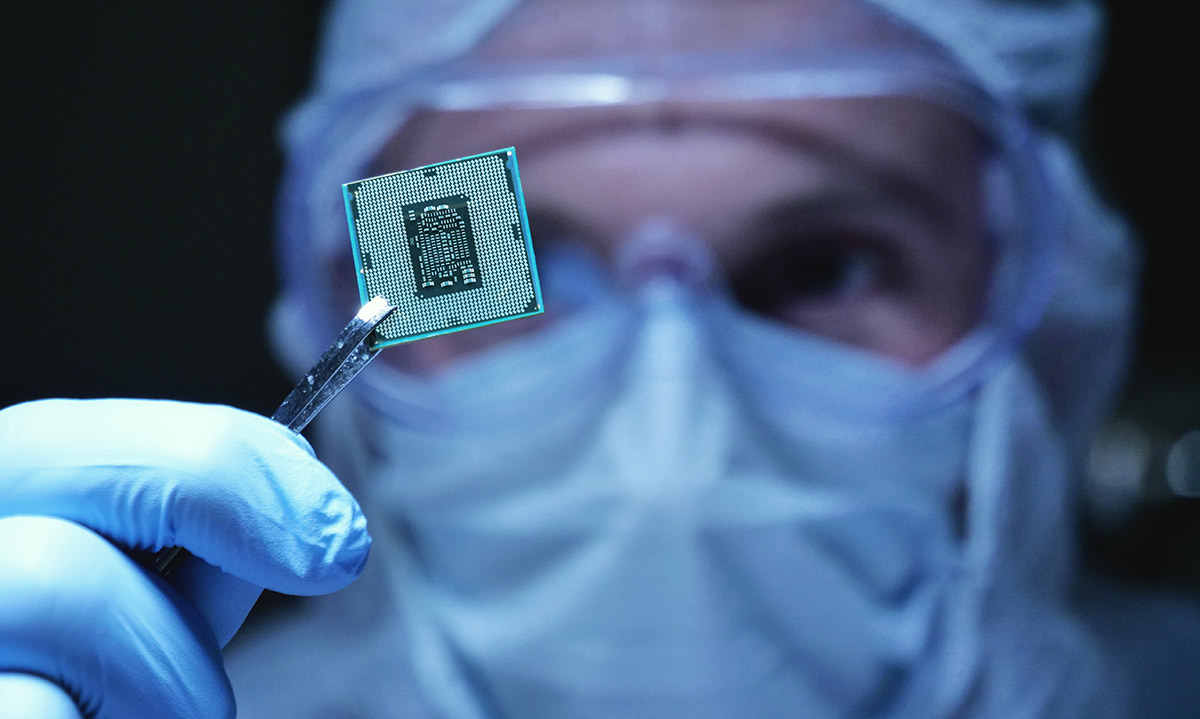The Novo Nordisk Foundation has just awarded the 2021 grants under its ambitious Challenge Programme, which addresses current major societal challenges. The grants amount to up to DKK 60 million and are thus the Foundation’s largest grants awarded to individual researchers.
“The common thread linking the projects receiving grants is that they are ambitious, innovative and, above all, adventurous,” says Mads Krogsgaard Thomsen, CEO, Novo Nordisk Foundation, adding:
“The research projects we have selected are undoubtedly driven by courage, curiosity and, of course, enormous talent. The themes for the 2021 Challenge Programme are linked to several highly topical challenges, and the researchers behind the respective projects have a real opportunity to create relevant and valuable results that can make a difference for public health and for our planet both now and in the long term.”
Grants within three themes
The 2021 Challenge Programme grants have been awarded within the following three themes: Smart Nanomaterials for Applications in Life Science; Proteins for Tomorrow’s Food; and Mathematical Modelling of Health and Disease.
The Foundation has awarded three researchers grants under the theme of Smart Nanomaterials for Applications in Life Science.
Nini Pryds from the Technical University of Denmark is receiving a grant of DKK 60 million for the project Ultrasensitive Biomagnetometers with Macro to Nano Resolution (BIO-MAG). This project aims to create small, biocompatible and lightweight magnetic sensors with sensitivity suitable for mapping neuronal activity in living organisms. The ultimate aim is to obtain unprecedented insight into neurons, neural networks and the workings of the human mind.
Sine Hadrup, also from the Technical University of Denmark, is receiving a grant of DKK 37.7 million for the project Nanomaterials for Efficacious Cancer Immunotherapy: In Vivo Engineering of Immune Cells and Tumour Microenvironment. This project aims to transform how people with cancer receive chimeric antigen receptor (CAR) T-cell therapy by using nanotechnology to solve some of the challenges associated with this type of therapy.
The third project under this theme is being led by Søren Husted from the University of Copenhagen, who is receiving a grant of DKK 60 million for Biocompatible Nanofertilizers for Targeted Delivery and Programmed Release of Essential Mineral Ions in Crops. Søren Husted’s ambition is to develop the first generation of fertilizers applied directly to the leaves using a biodegradable nanocoating to ensure that the plant absorbs the fertilizer and that it is not leached to the environment.
The Foundation has selected two projects to receive grants under the theme of Proteins for Tomorrow’s Food.
One project is led by Marianne Nissen Lund from the University of Copenhagen: SEEDFOOD: Functional and Palatable Plant Seed Storage Proteins for Sustainable Foods. This project aims to transform protein from rapeseed, which is currently being used for animal feed, into high-value food protein that can replace animal protein in food. Marianne Nissen Lund is receiving a grant of DKK 55.9 million.
The second project under this theme is led by Dennis Sandris Nielsen from the University of Copenhagen – PROFERMENT: Solid-state Fermentations for Protein Transformations and Palatability of Plant-based Foods. This project aims to exploit the huge potential of using microorganisms to transform standard crops such as oats into foods with meat-like characteristics. Dennis Sandris Nielsen is receiving a grant of DKK 56.3 million for the project.
The Foundation has awarded grants for two projects under the theme of Mathematical Modelling of Health and Disease.
One grant recipient is Daniel Merkle from the University of Southern Denmark for the project Mathematical Modelling for Microbial Community Induced Metabolic Diseases (MATOMIC). This project will combine mathematical modelling and wet-lab experimentation to investigate how changing the composition of the microbiome can create a novel therapeutic tool for treating people with obesity. Daniel Merkle is receiving a grant of DKK 46.2 million.
Led by Michael Skipper Andersen from Aalborg University, the second project under this theme is: Predictive, Multiscale, Multifactorial Mathematical Modelling of Knee Osteoarthritis (MathKOA). The project aims to develop a mathematical model that will enable computer-based investigations to map the outcomes of various treatment options, with the ultimate goal of offering optimized, personalized treatments.
About the Challenge Programme
The Novo Nordisk Foundation established the Challenge Programme in 2014. Since then, the Foundation has awarded more than DKK 100 million every year for ambitious research projects based on a thematic approach addressing some of the major societal challenges.
Read more about the Challenge Programme here.
Further information
Marie-Louise Jersin, Senior Communications Partner, +45 3049 4957, [email protected]








